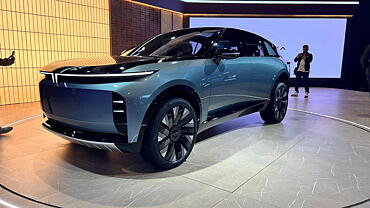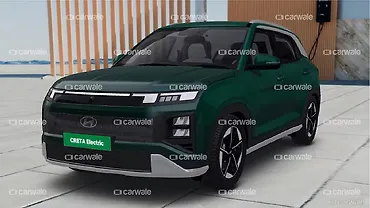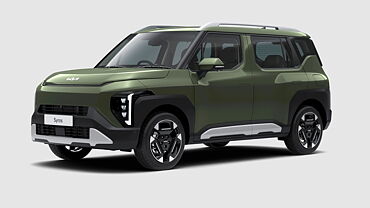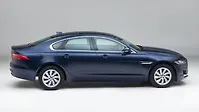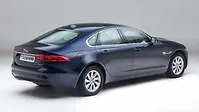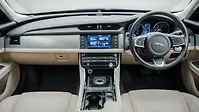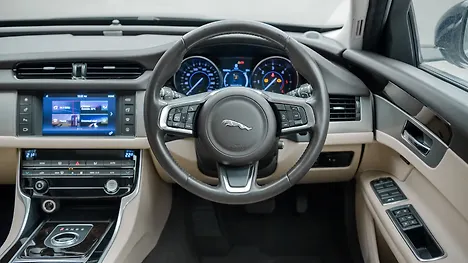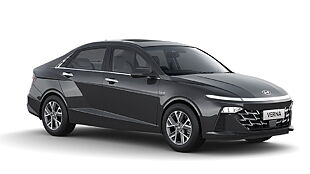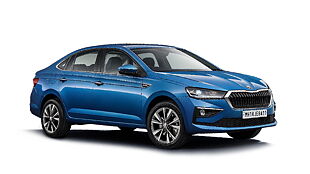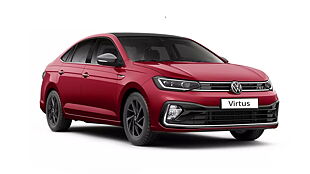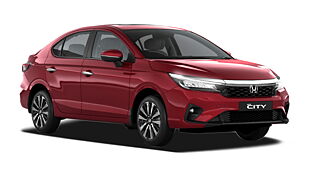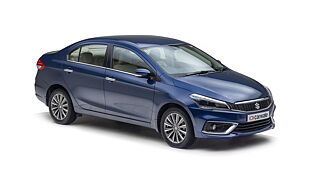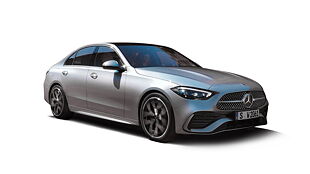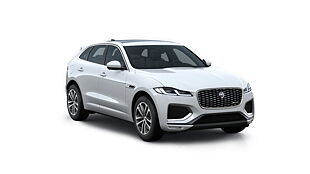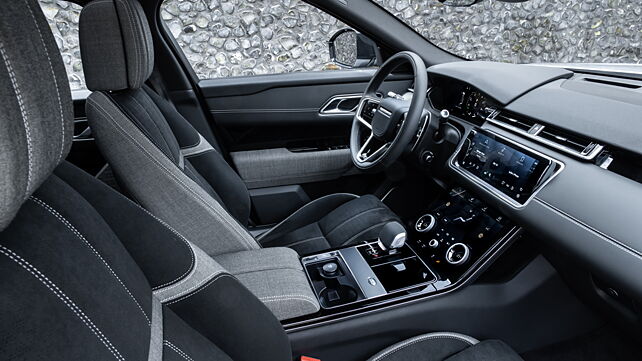
- Future JLR models to get floor mats and trims made from ECONYL yarns produced using plastic waste
- The process will help the brand on its journey towards a circular economy as a part of Destination Zero
- ECONYL nylon process reduces emissions in production by 90 per cent as compared with the material produced from oil
Jaguar Land Rover is working with ECONYL nylon to develop high-quality interiors made from ocean and landfill waste. The next-generation Jaguar and Land Rover models will feature floor mats and trims made with ECONYL fibre from recycled industrial plastic, fabric offcuts from clothing manufacturers, fishing nets from the farming industry, and those abandoned in the ocean - known as ‘ghost nets’.
The company claims that its commitment to design sustainable luxury interior using responsibly sourced and recycled materials is a part of Jaguar Land Rover’s Destination Zero mission. The innovation is aimed at offering a premium and sustainable option to customers while making the environment safer and cleaner.

In the past, the ECONYL regenerated nylon, created by Aquafil has been used by high-end fashion, sportswear and luxury watch brands to create handbags, backpacks, swimwear and watch straps. The nylon waste is reclaimed by Aquafil from all over the world. In a single year, the company recycles as much as 40,000 tonnes of waste, with the recycling process reducing the global warming impact of nylon by 90 per cent compared to the material produced from oil. For every 10,000 tonnes of ECONYL raw material produced, 70,000 barrels of crude oil are saved and 65,100 tonnes of carbon emissions equivalent are avoided.
Inside state-of-the-art treatment centres, the waste is analysed, treated, and prepared to feed into a chemical plant, where the nylon waste is broken to its original raw material using a chemical treatment process, known as depolymerization. The raw nylon material is then turned into the yarn, known as ECONYL. Throughout the process, other by-products such as non-nylon, metallic materials or copper sulphate which is used for preventing seagrass growing on fishing nets, are removed and sent to alternative industries for recycling.

The resulting ECONYL regenerated nylon polymer has the same chemical and performance characteristics as raw fossil material, allowing it to be processed into fibre for carpet flooring and textiles. This yarn can then be used to manufacture floor mats for future Jaguar and Land Rover models with the goal of using more environmentally conscious and sustainable materials while still providing customers with a premium and hardwearing product. The process is helping Jaguar Land Rover move towards a circular economy as part of its journey to Destination Zero.

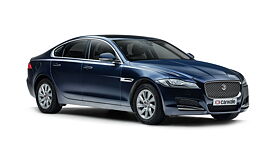
![Land Rover Range Rover Velar [2017-2023] Image Land Rover Range Rover Velar [2017-2023] Image](https://imgd.aeplcdn.com/272x153/cw/ec/28085/Land-Rover-Range-Rover-Velar-Exterior-114227.jpg?wm=0&q=80)





